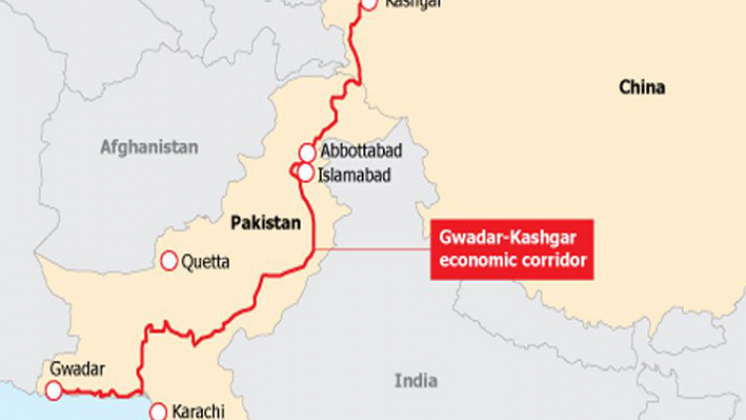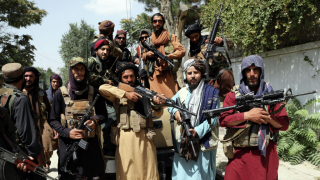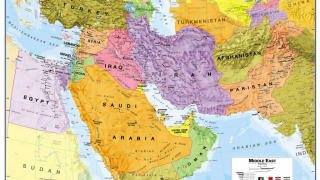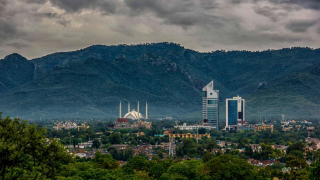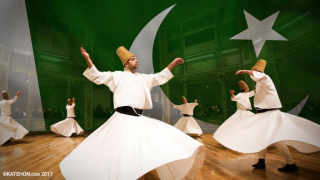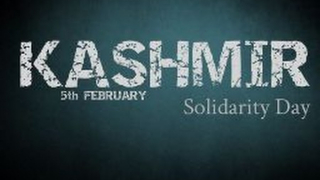Shaping Pakistan’s Future
Backlashing to India for self-defence, followed by releasing Indian’s captured pilot for a symbol of peace, remembered us the “Greylist”, Pakistan have put in, by Paris based Financial Action Task Force (FATF). Preventing from falling into “Blacklist”, a crackdown over terror groups have been started. Many times, Pakistani government have banned them. From a perspective of common man, one may ask, do we have not any thing to do than managing, financing, such groups and then initiating a crackdown over FATF’s wishes. Don’t get furious, instead see the economy in a bad shape. The fact sounds wells, Pakistan possess sophisticated weapons, qualified army and high alert security. So, let them fight, against any who show aggression and cease banned groups forever, who are hindering socio-economic developments here.
Fleeting economic policies framed since long, have served a minor special elite, handled civil-military nexus and neglected masses. The World Bank suggested Pakistan, to invest more and more in its people, to be educated, richer, and healthier until the country celebrates its complete century in 2047. Significant portion of population are living below the poverty line, having no shelters, no plot for constructing a home—even a General is gifted kanals on retirement, no health facilities, no access to clean drinking water. The growth rate last year was 5.8%, less than of rival India 8%, Bangladesh 7.8%, the ex-East Pakistan. Even, Pakistan has foreign exchange reserves four times less than that of Bangladesh ($32bn)— that’s bad economy.
The current industries are facing impediments, due to energy deficits and non-upgradation of instruments. New industries, both small scale and large scale, should be established so that jobs creations would be the focus right now. Luckily, majority of population is below 30, but what matter is to be trained and skilled them. Many countries are making a robust revolution towards Artificial Intelligence (AI) and Quantum computers which Pakistan should to invest upon, for confronting world in the future. Capable of building national’s narrative, technology, research, development and economic based education, is crucial.
Pakistan must orient its diplomacy to be neutral. In a current aggression, between Pakistan and India, a neighbour country sharing 909km border in length, Iran revealed a propensity towards India, Why? Pakistan Saudi ties this year, include an oil refinery in Gwadar, multibillion-dollar Reko Diq mining project, also in Balochistan province. Saudi interest in investing in Balochistan province of Pakistan, which borders Iran, has another purpose: to pursue its geostrategic interests in the region. The closer Saudi Arabia gets to Pakistan, the more Pakistan’s relations with Iran are expected to deteriorate. But Pakistan should revive its policy about Saudi-Arabi and Iran, maintaining a balance between the two rivals.
This month Turkmenistan’s Foreign Minister Rashid Meredov and Imran Khan discussed an agreement to create a transport corridor, fibre-optic corridor and gas corridor which would travel from Turkmenistan to Pakistan via Afghanistan and ostensibly on to India from there. If and when completed, this could mean that China and Pakistan would be able to work with Turkmenistan on a would-be northern CPEC that would allow for the flow of goods from China into central Asia via Afghanistan and ultimately into Russia via Turkmenistan and Kazakhstan. However, the main hardliner is the troubled situation in the Afghanistan. Both, the ongoing CPEC, and proposed Pakistan-Turkmenistan corridors, require a very neutral foreign policy, to be consistently run and completed.
It is since long but still not too late, to rethink about masses, escalate economy, promote advance research and education, and erase just political elite-military privileges so that, Pakistan become stable politically, economically and technologically.

